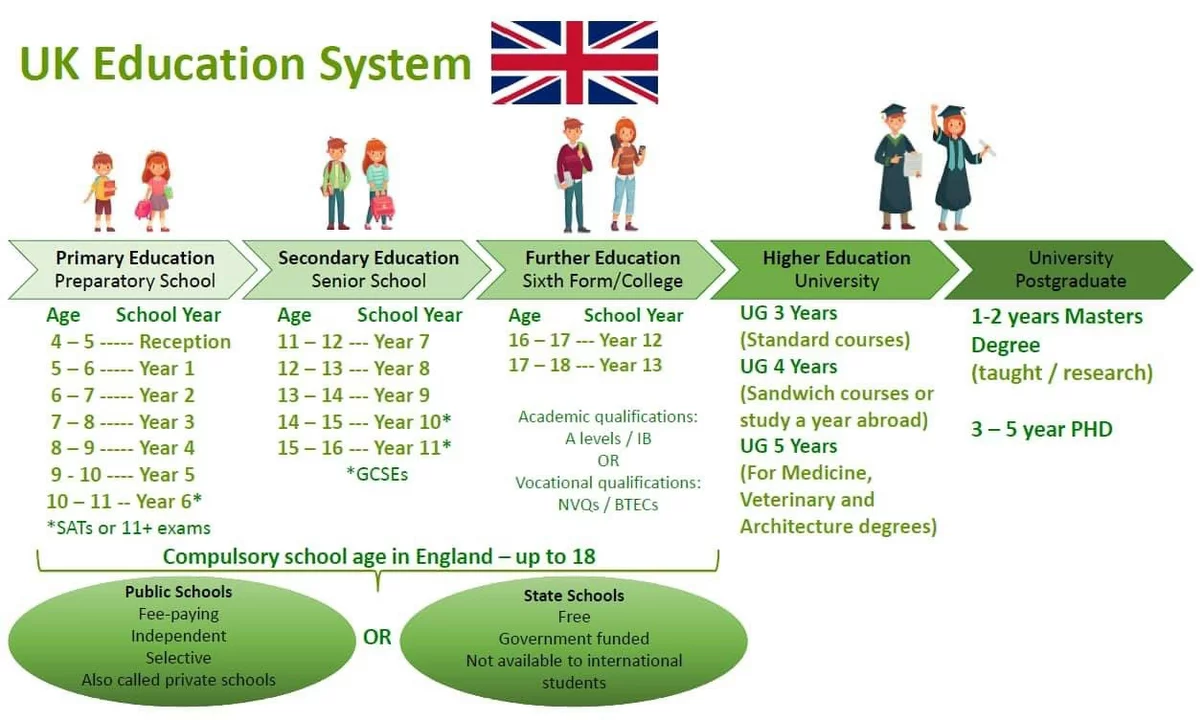Failures – Turning Setbacks Into SSC CGL Success
Ever felt the sting of a missed question or a low mock test score? You’re not alone. Most top scorers have a trail of failures behind them. The good news? Each failure is a goldmine of data you can use to fine‑tune your study plan.
Why Failures Happen
First, understand the root cause. Most candidates stumble because they rely on passive reading instead of active practice. Skipping timed mock tests, ignoring weak topics, or cramming right before the exam are classic pitfalls. Another common reason is over‑confidence – thinking you’ve mastered a section when you haven’t. When you spot the pattern behind each mistake, you can stop it from repeating.
Take the example of a student who kept missing English comprehension questions. The problem wasn’t lack of vocabulary; it was rushing through the passage. By timing each reading exercise and forcing a pause to note key ideas, the error rate dropped dramatically. Small tweaks like that turn a failure into a clear action step.
How to Bounce Back
1. Document every error. After each mock test, write down the question, why you got it wrong, and the correct logic. A simple spreadsheet works wonders. 2. Prioritize weak spots. If you’re losing marks in Quantitative Aptitude, allocate extra slots for problem‑solving drills, not just theory revision. 3. Use the 3‑R rule. Review, Re‑attempt, and Reinforce. Go back to the mistake, solve it again without looking at the solution, then create a similar question to test yourself. 4. Set micro‑goals. Instead of "study maths for 5 hours," aim for "solve 20 algebra problems in 45 minutes." Measurable targets keep you accountable. 5. Take breaks wisely. A 5‑minute walk after every 45‑minute study block refreshes your brain and prevents burnout.
Remember the story of an SSC CGL topper who failed the first mock by 150 marks. He didn’t quit; he broke his schedule into 30‑minute chunks, added daily vocabulary quizzes, and reviewed his errors every night. By the final mock, his score jumped over 200 points. The turnaround was pure discipline, not magic.
Finally, keep the mindset that failure is a feedback loop, not a verdict. Treat each low score as a checkpoint showing where the road needs a detour. With a systematic review, targeted practice, and realistic goals, you’ll convert every setback into a stepping stone toward the coveted SSC CGL rank.
So next time a practice test feels like a defeat, grab your error log, apply the 3‑R rule, and watch your confidence rebuild one question at a time.
How has your education system benefited/failed you?
My education system has both benefited and failed me in various ways. While it provided me with the foundation for critical thinking and problem-solving, it fell short in terms of practical skills and real-world applications. Additionally, the emphasis on standardized testing and rigid curriculums stifled creativity and individuality. However, the social aspects of school, such as teamwork and communication, were invaluable learning experiences. Overall, the education system should strive for a more balanced approach to better serve students in the long run.
View More